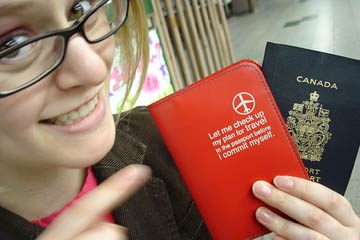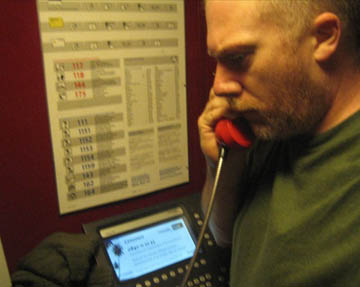FOR MOST OF US our day to day life takes place in our homes, apartments and offices.
Each of these locations contain pretty much everything we own, need to survive and identify who we are. Somehow though, when we travel we are able to condense all these “essentials” into one or two small bags, carry them on our shoulders and hoist them onto trains.

